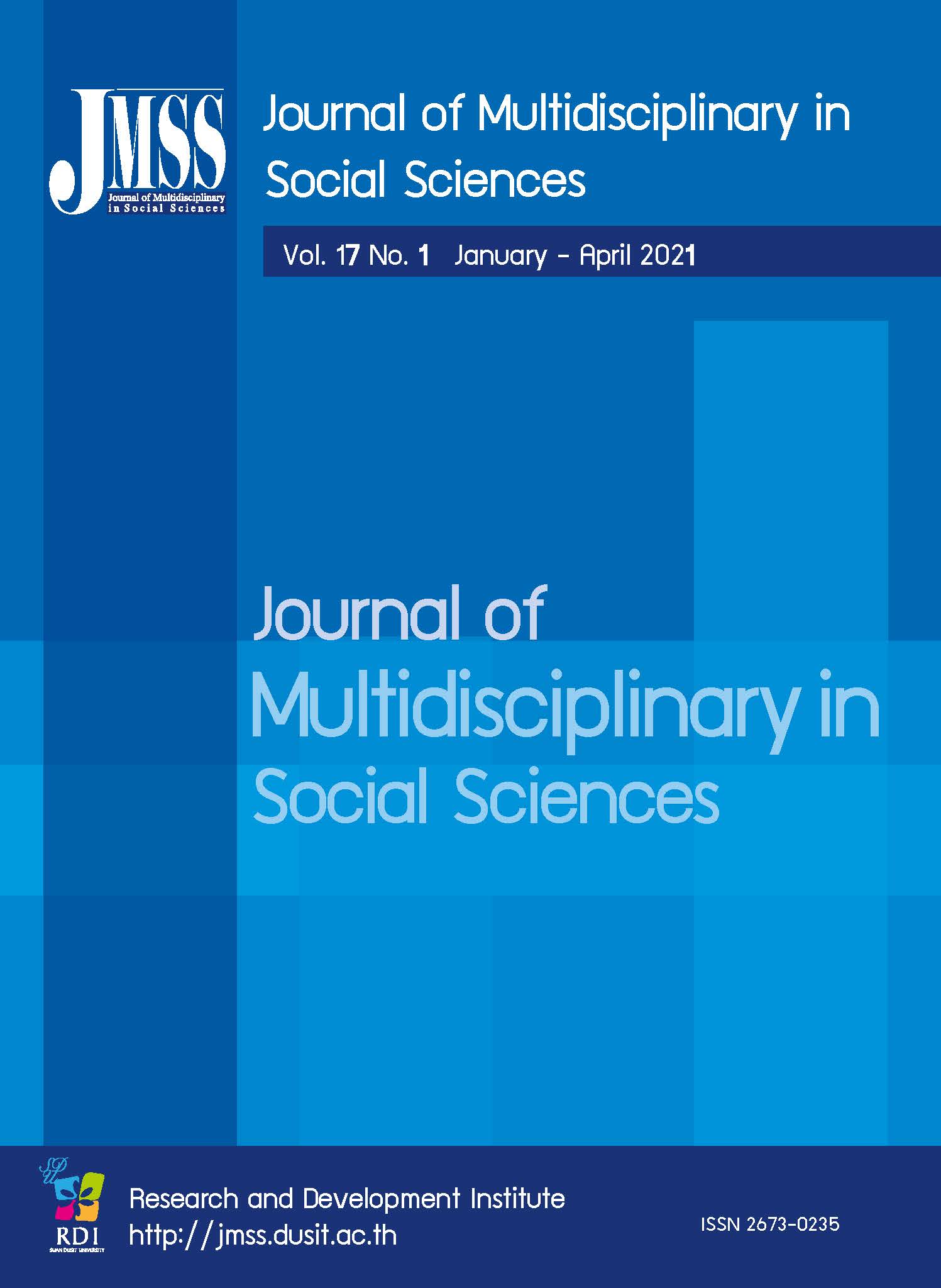The Scenario for the Social Studies Curriculum of the Rajabhat Universities in the Next Decade
Keywords:
Social studies curriculum, Rajabhat universities, Teaching professionAbstract
The objectives of this research were to; (1) study the current conditions and problems of curriculum administration in social studies (2) study the students’ requirement for the administration of curriculum in social studies present the scenario for the social studies curriculum of the Rajabhat Universities in the next decade. The study evaluated via the EFR (ethnographic futures research). The samples were composed of 353 executives, faculty members and students in the Social Studies Department, Faculty of Education at Rajabhat Universities of the north. The research tools were questionnaires and interviews on the topics of the social studies curriculum. The collected data were tested by using percentage, mean and standard deviation. The results revealed that the important scenario and future trends as follows: (1) Philosophy of the course emphasizing that students are knowledgeable in the field of social studies. (2) Course objectives focus on developing quality learners in accordance with the standards of the Teachers Council of Thailand, Ministry of Education. (3) The structure of the curriculum is flexible and consists of important subjects in everyday life related to today's global society. (4) The policy and supporting aspect should provide enough budget and ensure there were stable policy from the government. (5) The curriculum aspect should be improved for the curriculum structure to be diverse in accordance with the standard qualifications at the bachelor's degree level (TQF.1). Use online courses. (6) The instructor aspect should specialize in social studies. (7) The student aspect should select students who met the specified criteria with committees from many sectors. (8) The aspect of teachers' professional experience training should provide teaching profession training sources that are guaranteed.
References
Dechakoop, P. (2008). Teachers’ competency and approaches to teacher development in changing society. Bangkok: Office of the Education Council, Ministry of Education.
Mangkhang, C. (2017). ID Deology: Social Studies Curriculum for All. (3rd ed.). Bangkok: Chulalongkorn University.
Office of the Education Council. (2011). Strategy and measure of the reformation of National education system. Bangkok: Prikwhan Graphic.
Office of the Education Council. (2015). The status of Teacher Preparation and Development in Thailand. Bangkok: Prikwhan Graphic.
Phetchuai, S. (2008). The Scenario of Teacher Preparation of the higher education institutions in Thailand. (Doctoral dissertation). Bangkok: Chulalongkorn University.
Siribanpitak, P. (2001). The Crisis and Strategy on the development of the faculty of education for educational reformation in the National. Bangkok: Office of the National Education Commission.
United Nation. (2018). Sustainable Development Goals: Goal 4 Education. Retrieved March 12, 2020, from https://www.un.org/sustainabledevelopment/education
Downloads
Published
How to Cite
Issue
Section
License

This work is licensed under a Creative Commons Attribution-NonCommercial-NoDerivatives 4.0 International License.








